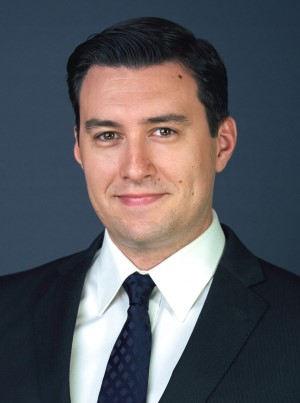What does the future of work look like in 2024? Boundaryless – that’s according to a new Deloitte Insights report. Boundaryless work is an established concept that’s been around for decades, but according to Deloitte, we are at ‘a watershed moment’, with the transition from ‘an industrial economy to a knowledge economy and now to an economy that is powered by the hearts, minds, and essential human traits of people’.
The Deloitte 2024 Global Human Capital Trends report surveyed 14,000 respondents from 95 countries. The report discusses that in a post-pandemic world the reality of work is changing as traditional paradigms are challenged by the introduction of new and disruptive technologies, like generative artificial intelligence.
The report argues the new and emerging paradigm is characterised by a more human-centred approach to work that is ‘boundaryless’. The once established boundaries of work are now amorphous, which necessitates the prioritisation of ‘human performance’ – a combination of human and business outcomes in a ‘mutually reinforcing cycle’.
In the new paradigm, ‘human sustainability’ becomes a quintessential feature of corporate social responsibility, replacing ‘extractive, transactional thinking’ about relationships between people and an organisation, all the while renegotiating new performance and productivity metrics that capture novel and ‘sophisticated skills that aren’t easily observed by traditional productivity metrics’ and connect with that mutually reinforcing cycle of human and business outcomes.
Among the top three challenges to human sustainability are the perceived threats of technology taking over jobs and the rising number of new skills and jobs needed as a result of technology or business model changes (see the figure below). A remedy organisations could implement is to ‘involve workers, future workers, and others in cocreating their roles and human sustainability initiatives’. The potential outcome, as described in the report, is that ‘approaches like this can create autonomy, continual learning and development in the flow of work, and the cultivation of human capabilities like imagination and curiosity used to identify problems and opportunities and then develop, test, and iterate on solutions’.
A 'renewed premium on human capabilities' – those intrinsic human qualities, skills and functions that cannot be readily replicated by current technological capabilities – is required where those 'easily replicable functional or technical skills' are being usurped by technology. The report advances that, 'organisations can help cultivate these capabilities by providing workers with the tools and safe spaces to experiment, explore, and envision possible futures', in effect, providing a ‘sandbox’ for workers in an effort to stave off the potential threat of 'imagination deficit' posed by artificial intelligence, which now has the capacity to imagine and create.
The Deloitte report identifies three fundamental actions organisations can institutionalise to advance their efforts to prioritise human performance, including:
How can the infusion of these strategies improve performance and outcomes in your business? Are these familiar trends observed by you and your organisation? If you would like to share your views or experience, please email CET@aigroup.com.au with your comments.
You can download and read the full report here.

Paolo contributes to the Ai Group Centre for Education & Training's policies and is a member on a number of national and state secondary and tertiary education industry advisory bodies. Paolo project manages state government-funded projects centred on education-industry partnerships in the defence industry. He also administers the CET’s Member Network.